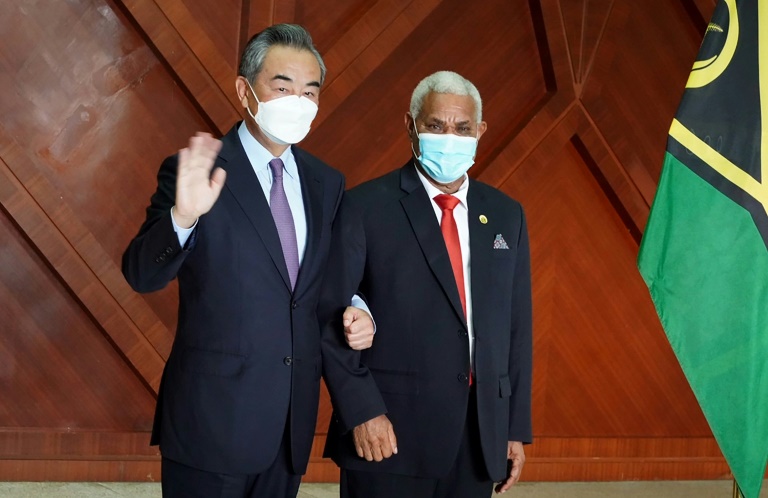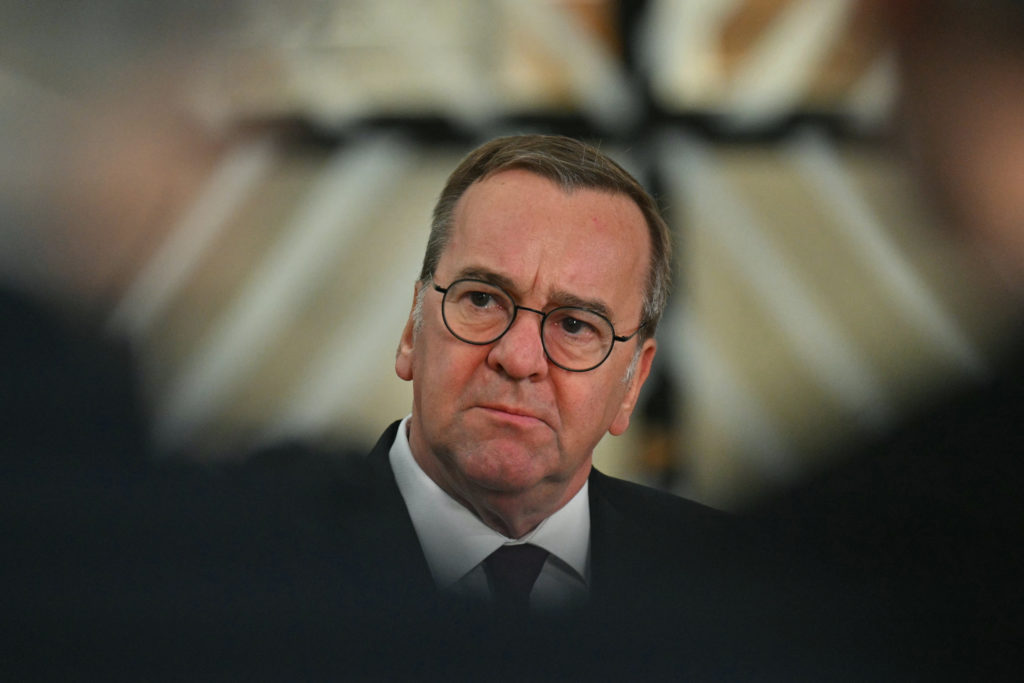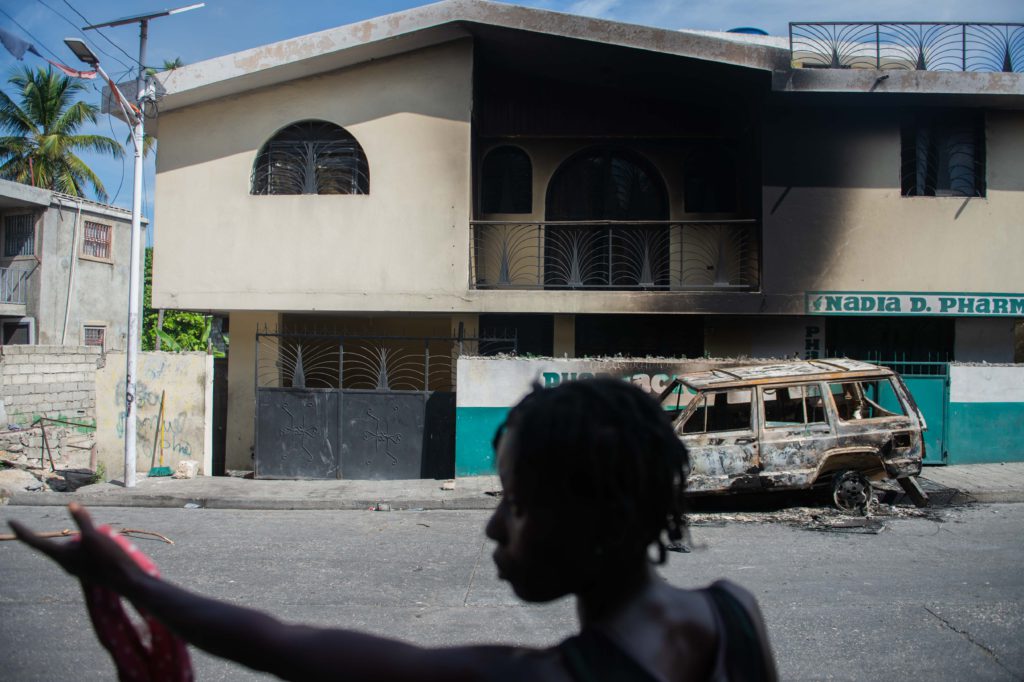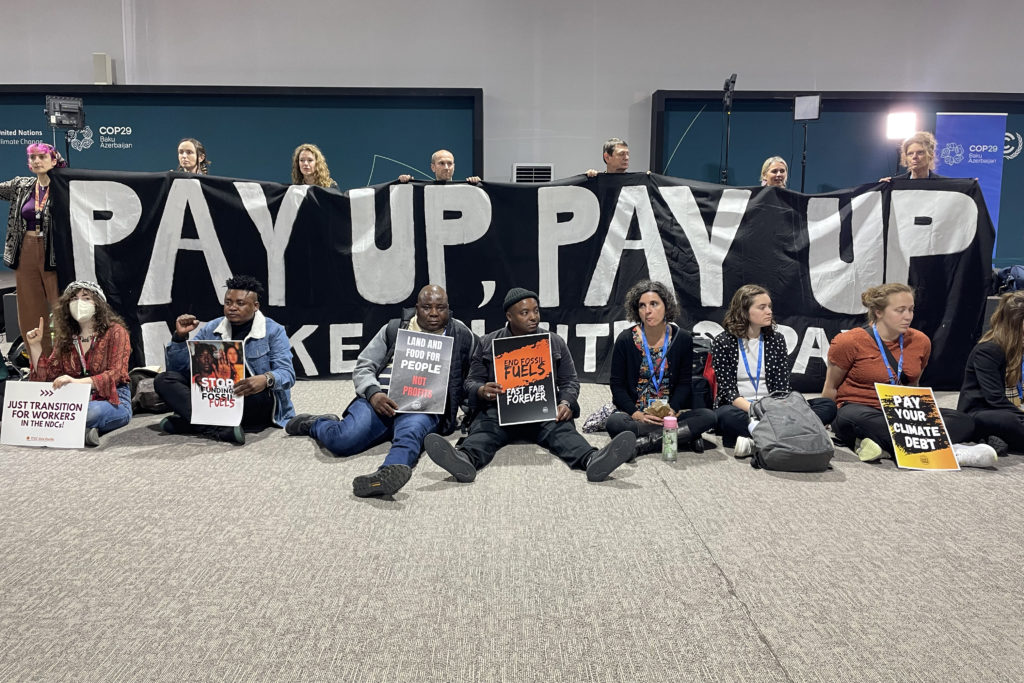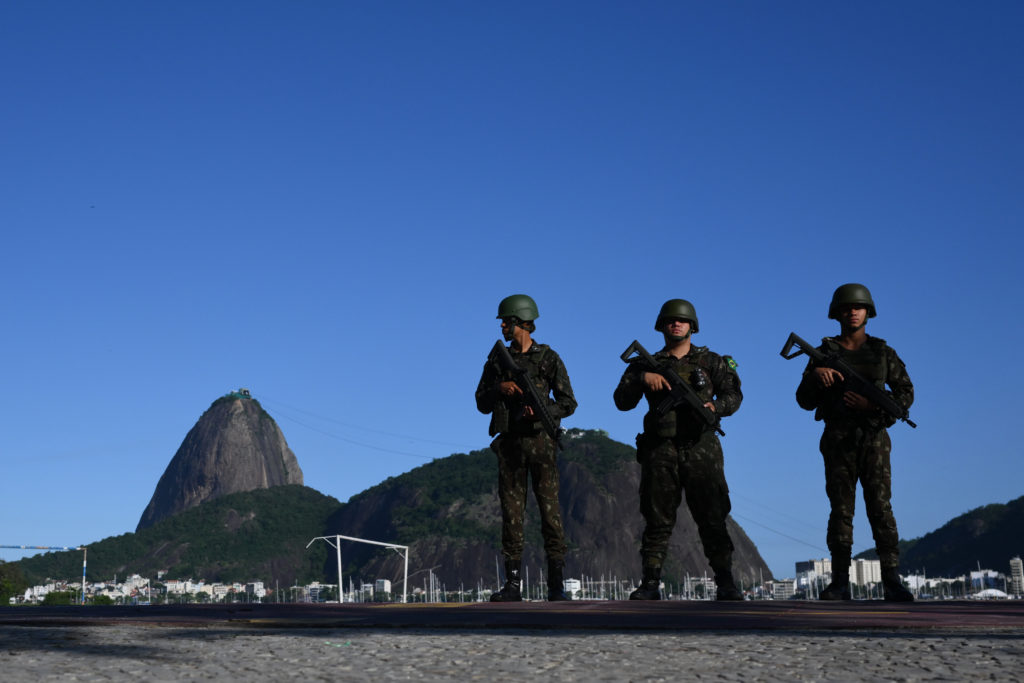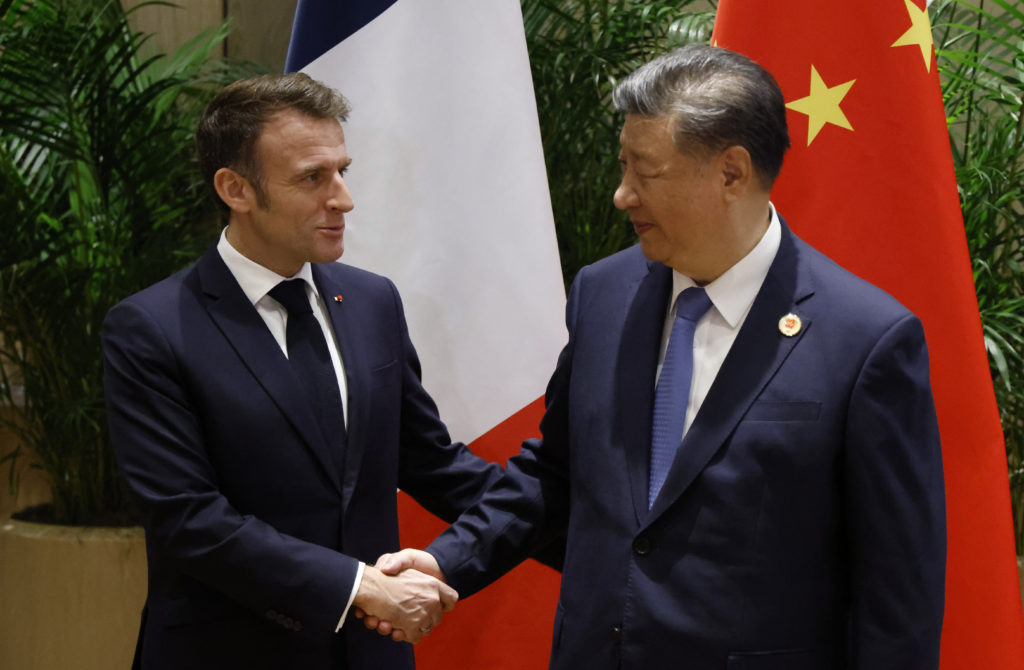China has insisted it has “no intention to compete” for influence in the South Pacific as foreign minister Wang Yi and his Australian counterpart Penny Wong again jetted around the region Wednesday on duelling diplomatic charm offensives.
In a statement distributed by the Chinese embassy in Canberra, Beijing said it “does not seek exclusive rights” in the region and “we have no intention to compete with others”.
The claim comes as Wang nears the end of a contentious 10-day visit to Pacific Island nations that has seen China pitch a radically increased role in regional security, much to the concern of the United States and Australia.
“China respects Australia’s historical and traditional ties in the region and there is enough space in the vast Pacific Ocean for China, Australia and all island countries to share peace, development and prosperity,” the statement said.
Although Wang failed to secure support for a regional security deal that would have seen Beijing play a much bigger role in sensitive areas including policing and cybersecurity, he has inked a series of country-specific agreements on his trip.
In Vanuatu on Wednesday, agreements were announced on deepening economic ties and sending Chinese medical teams to the country.
In Tonga on Tuesday, Wang pledged China’s support for sports stadium and wind power projects, according to Chinese state media, while signing deals on disaster prevention and mitigation, agriculture, fisheries and health care.
Wang’s South Pacific trip concludes with a stop in Papua New Guinea on Thursday and Friday.
– Australian blitz –
The visit has prompted the newly elected Australian government to embark on a diplomatic blitz to shore up decades-old alliances.
Australia’s new foreign minister Penny Wong said she was heading back to the Pacific Islands, travelling to Samoa and Tonga just days after Wang visited.
Since being sworn in nine days ago, Wong has already visited Japan — for a meeting of Quad countries the United States, India, Japan and Australia — and Fiji.
Australia’s new centre-left government is playing catch-up after years of relations with the Pacific being hampered by the former conservative administration’s foot-dragging on climate change.
Rising sea levels are seen as an existential threat by many of the low-lying Pacific Island nations.
Visiting Fiji, Wong said Australia would set new, more ambitious emissions targets and bid to co-host a future UN climate conference with Pacific Island countries.
There would be no more “disrespecting” Pacific nations or “ignoring” their calls to act on climate change, she said.

